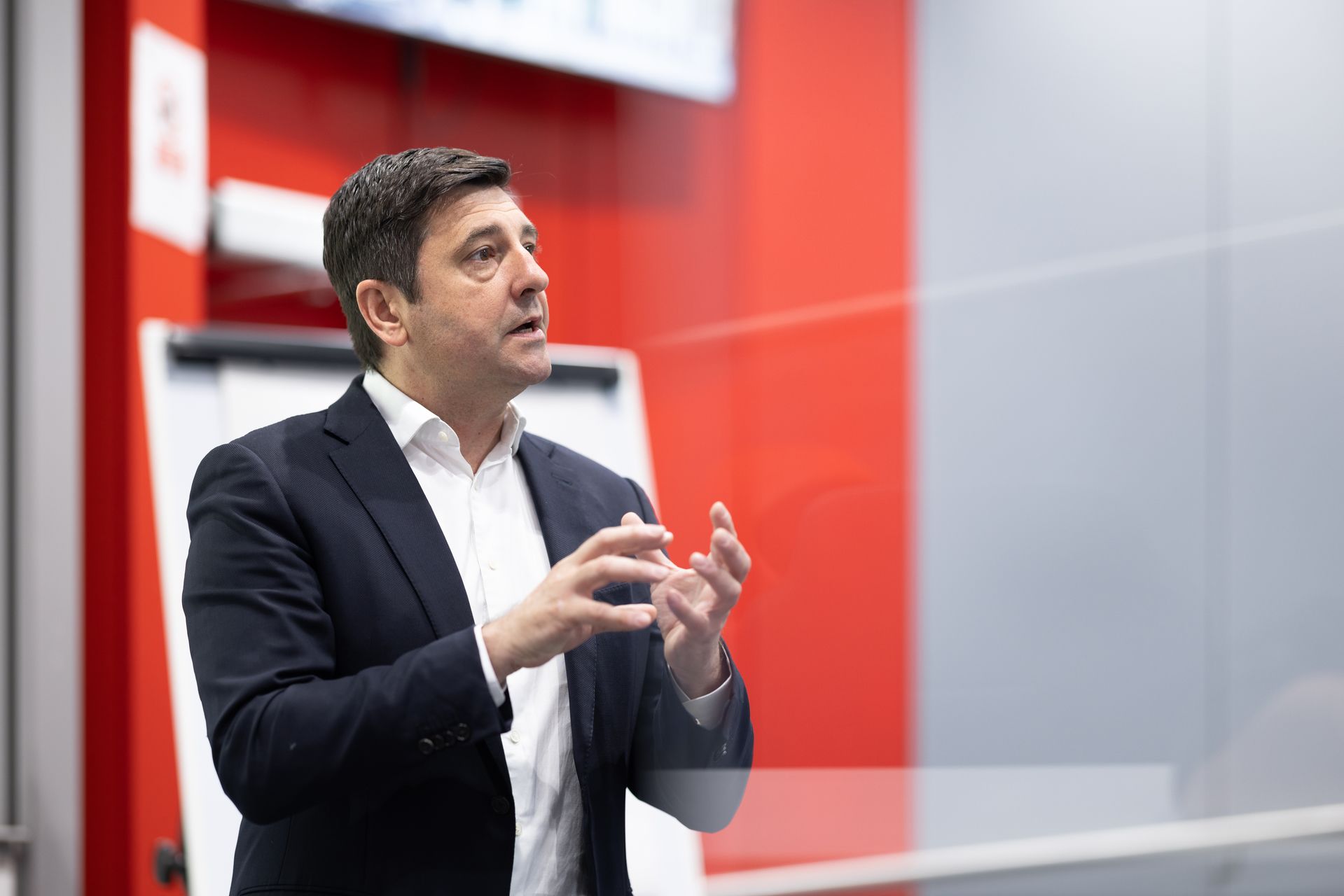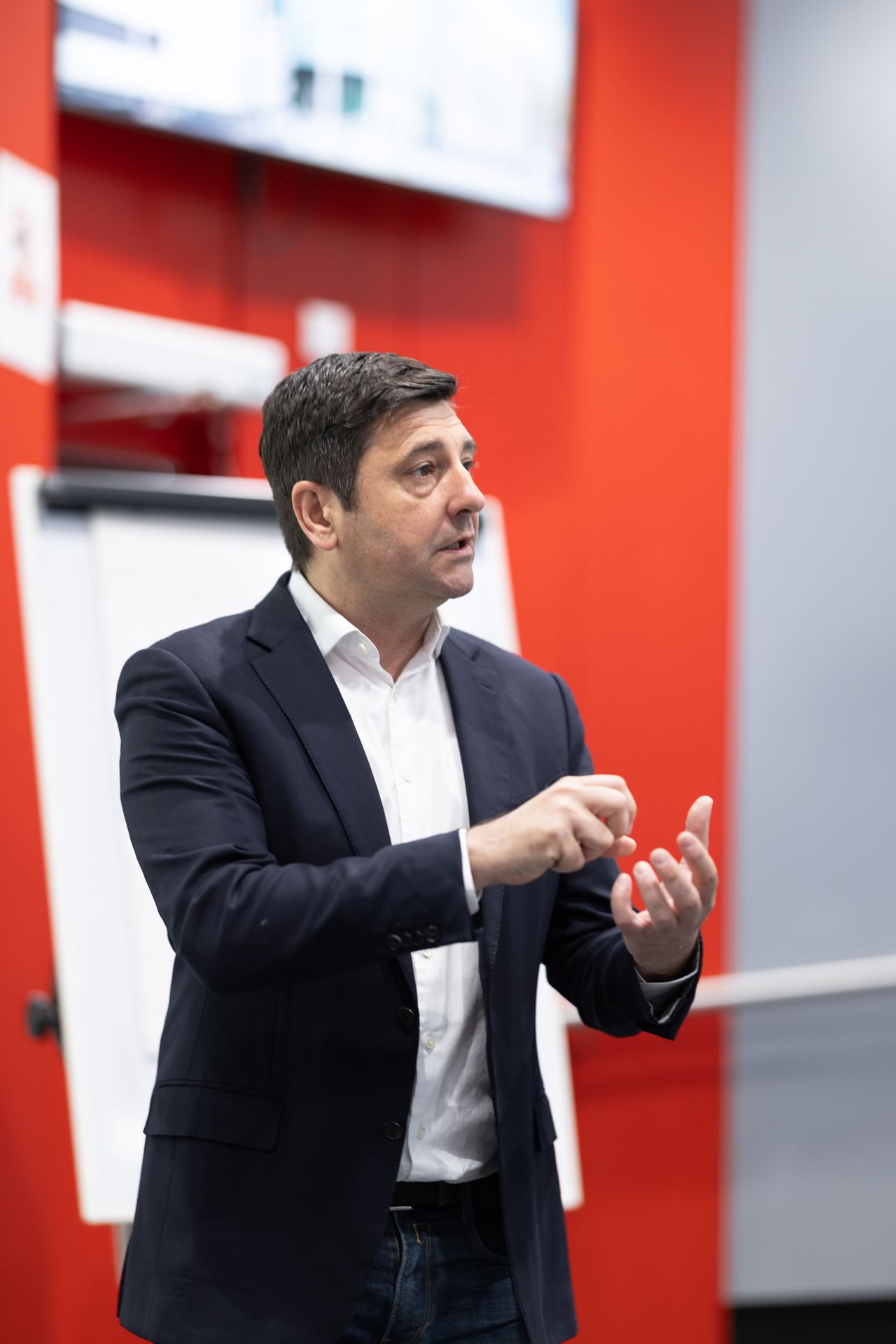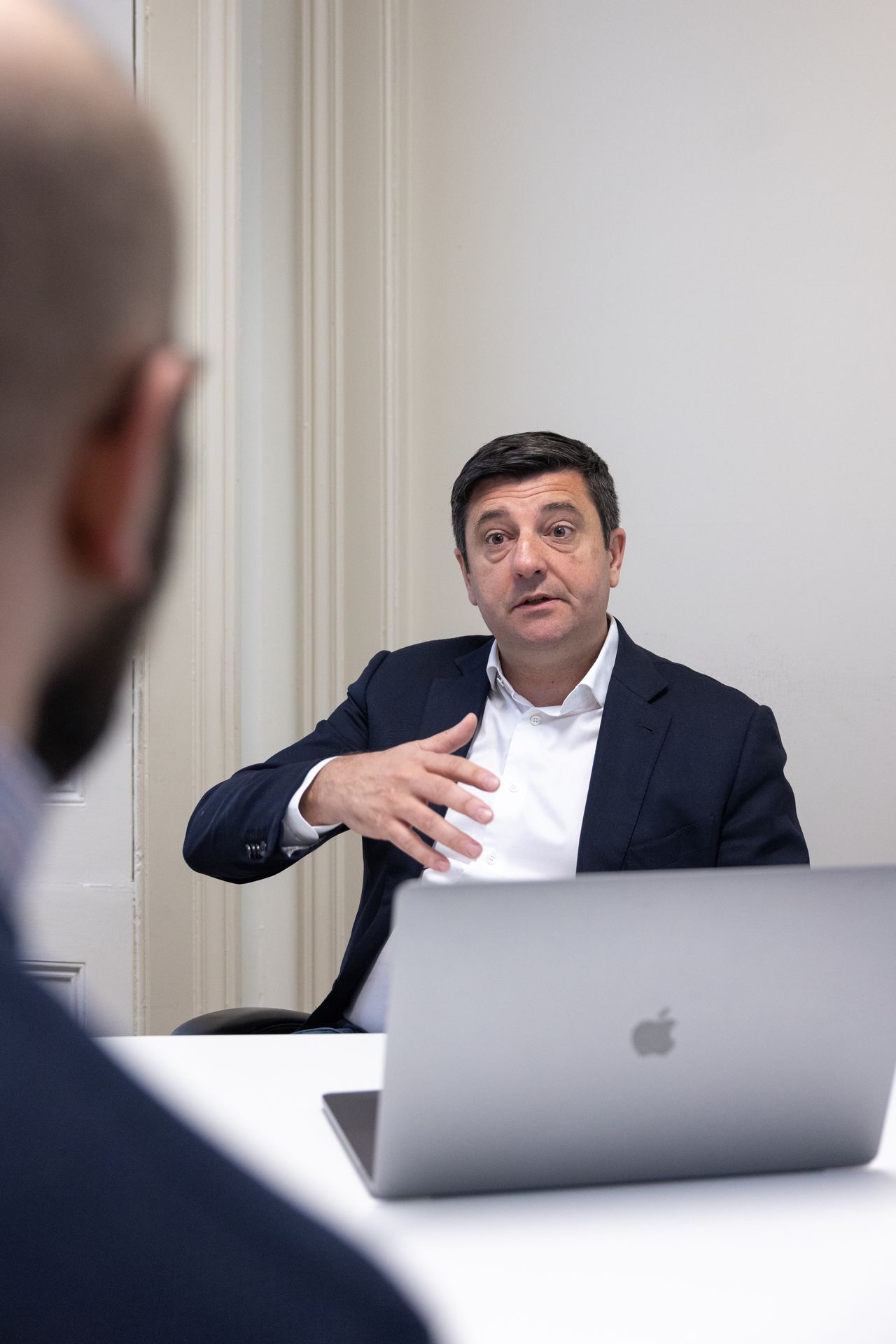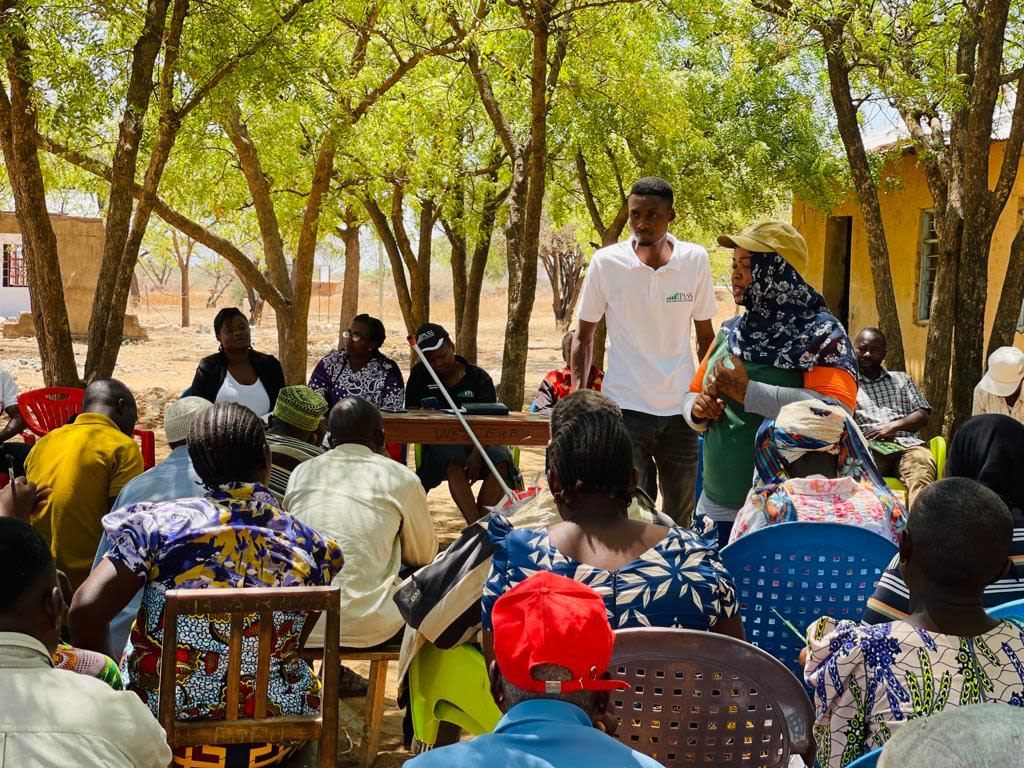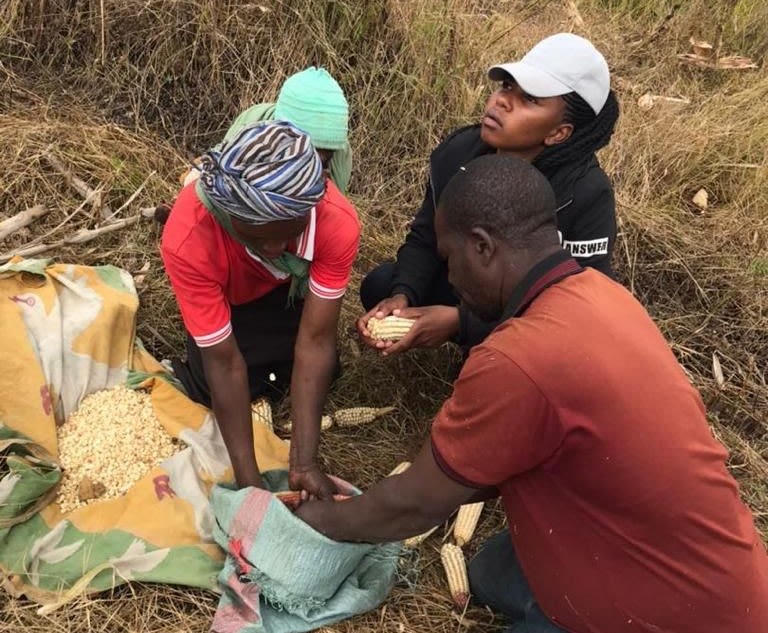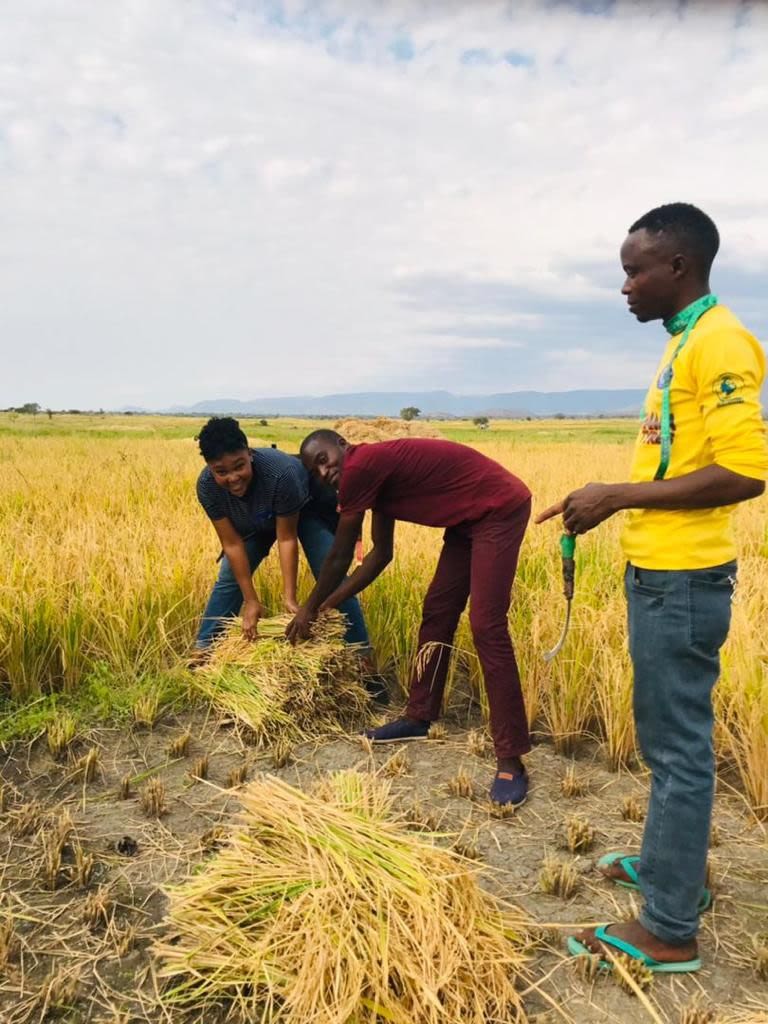Dr Enrico Biffis
Associate Professor of Actuarial Finance, Imperial College Business School
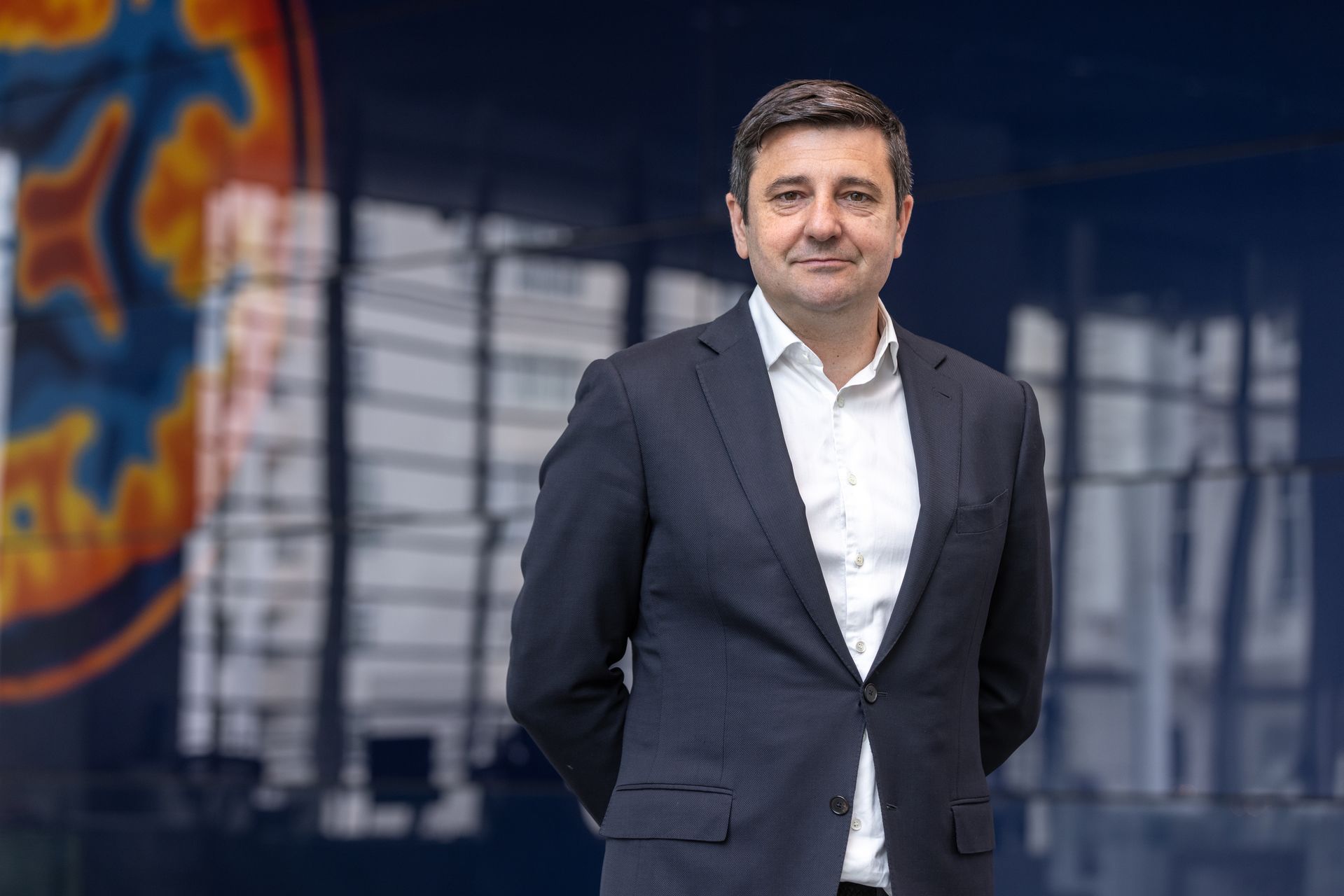
As part of a series on the people behind our world-leading research, we meet an Imperial finance expert whose work is helping the world’s transition to a low carbon economy.
Addressing real world problems
I build risk models to address a variety of problems, so I look at how to allocate resources optimally and how to transfer or share risks in the best way to make the lives of individuals and corporations safer.
I have always liked those mathematicians who were able to relate to the world and contribute discoveries that make our lives much more interesting and rewarding.
I have a background in applied mathematics, and despite being interested in the more abstract or methodological aspects of the subject, I developed a strong interest very early on in addressing real world problems. I have always liked those mathematicians who were able to relate to the world and contribute discoveries that make our lives much more interesting and rewarding.
Every time I see that the models I have created in collaboration with co-authors are understood and appreciated, that makes me very happy. The systematic and continuous reward I can see from people around me, who find benefit from what I study and deliver, is a source of inspiration for me and keeps me going forward.
Adapting to climate change
I have two main strands of research at the moment. One is about the design of climate risk scenarios that could be used by market participants to understand what the world might look like in the face of climate change. We will have to change our ways of doing things to curb emissions and that is clearly going to have some cascading effects on different sectors of the economy.
I find it fascinating given the challenges posed by these long-term projections to try to create scenarios that can be used to better understand vulnerabilities and to try to adjust or rebalance ourselves to make the most of any green opportunities, while also mitigating some of the shocks that might arise.
We will have to change our ways of doing things to curb emissions.
Another exciting project, which is also related to climate change, is focused on one of the most natural technologies for capturing carbon - forestry. We have a beautiful project with the start-up Terraformation where we are looking at forestry-linked assets and trying to make them mainstream as natural carbon-based assets that could be part of the portfolio of investors. This would offer the opportunity to provide resources to reforestation initiatives and at the same time, help the world along the journey to a low carbon economy.
It is a natural-based solution, where you have a fantastic asset that needs to be preserved and cherished. But there is also a huge gap in how to turn these forests, via appropriate security design, into financial assets that can be valuable to a patient investor or a financial institution that might want to pursue a net zero strategy.

"Using the language of risk is a wonderful way to talk to each other and try to find good solutions to common problems."
- Dr Enrico Biffis
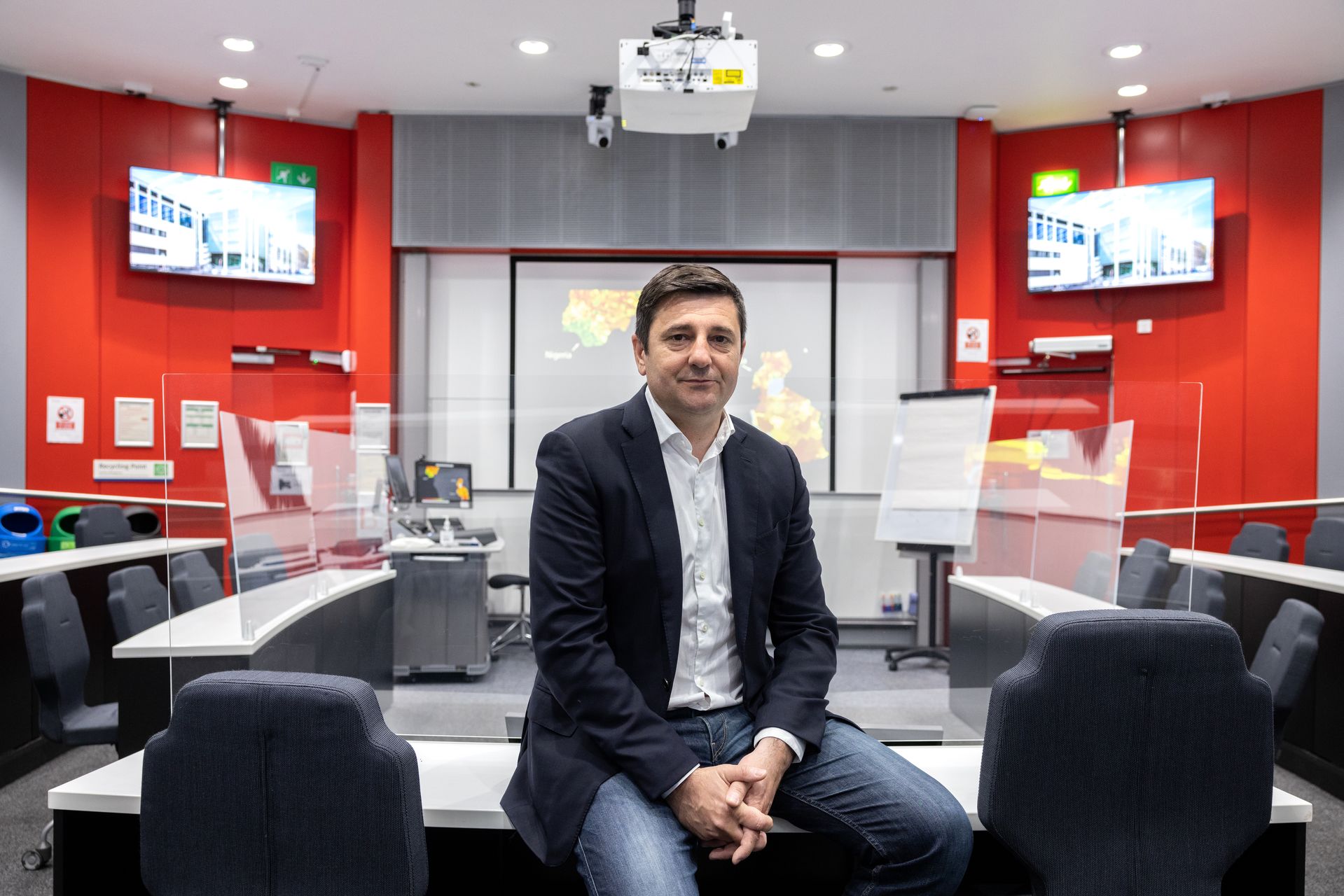
Understanding risk
When you look at the COVID-19 pandemic, that has affected every single one of us and changed our way of living. I think risk management decisions have become pervasive in this sense. People do understand the trade-offs at play, and they understand the importance of identifying the pros and cons of different solutions. I think now, working in risk management areas and studying risk management problems is much more common or better understood by the person on the street. If there is a positive outcome from the last few years, it is that all of us now understand that it is important to think about adverse events, despite their low likelihood.
I think now, working in risk management areas and studying risk management problems is much more common or better understood by the person on the street.
The world is complex, you have a number of stakeholders, and people might have different views, needs, and constraints. I believe appropriate risk modelling can provide a powerful common language to bring people together, so they can rely on a robust framework to make informed decisions that can benefit everyone. That, to me, is the key goal of the research I am doing. I hope that the sort of risk modelling I am doing has the ability to act as a common language that can break down barriers. Using the language of risk and the mathematics of risk is a wonderful way to talk to each other and try to find good solutions to common problems, such as climate change.
Protecting smallholder farmers
Dr Biffis' research has been used to help farmers in Tanzania who lack access to affordable insurance, which they need to protect themselves against the effects of changing weather patterns caused by climate change.
His work with Dr Erik Chavez developed a set of criteria by which a farm's performance can be judged - using machine learning to analyse data such as weather variables, soil characteristics and agricultural practices.
By working with the World Bank, the World Food Programme, Tanzanian financial institutions and the reinsurance company Munich Re, they created a product that combines loans and insurance to help protect smallholder farmers. The project worked with 50,000 farmers, supporting a total of $13m loans disbursed and benefiting 400,000 individuals overall, including households members and agricultural workers.
Focus on what matters to you
For anyone who wants to become a researcher, I would advise working on something that is really important to you, as a person and as an academic. Of course, there is the struggle to solve a problem and to promote it among the academic community, to publish it in a journal. These are all very difficult tasks and it takes a long time to develop your career. But at the same time, it is important to never lose sight of the reason we are doing this. I would advise young people to not get distracted by the short-term difficulties in the career of a researcher and to focus on the long-term goal of what can actually be delivered beyond the immediate circle of your peers.
It is important to never lose sight of the reason we are doing this.
What I like about Imperial is academic work can sometimes be very self-referential - we work on our papers and we like to give presentations or discuss them with our peers. Imperial has all of this but at the same time, there is a general sense of purpose, focusing on big themes and strategic initiatives and trying to have an impact on society. The campus is buzzing with ideas and opportunities to have discussions with leading experts in different fields. With the challenges we are facing today, it is important to be able to leverage state of art tools or ideas around you to have a chance of making an impact.
